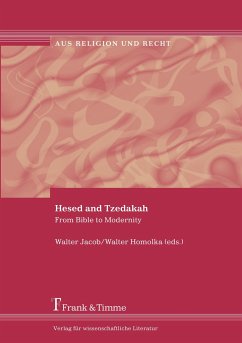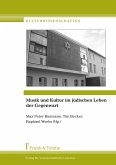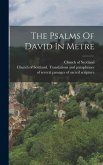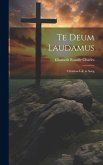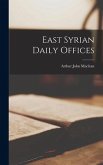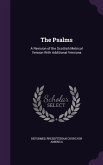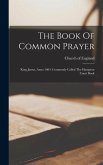From a Jewish perspective, divine action in this world revolves around two poles: Hesed and Tzedakah. There is one fundamental difference between them: Hesed describes those actions of God that arise not from obligation, but instead are spurred by pure love for humankind, by grace and mercy. Tzedakah by contrast touches on God's righteous interaction within his covenant, as well as justice observed by man seeking harmony with God's will. Each of the terms applies to both God and man. Hesed and Tzedakah emanate from God, and eventually should transform a person into a Hasid and a Tzaddik. The authors of this volume parse the subtlety of different meanings behind this pair of terms - from Bible to modernity.
Bitte wählen Sie Ihr Anliegen aus.
Rechnungen
Retourenschein anfordern
Bestellstatus
Storno

